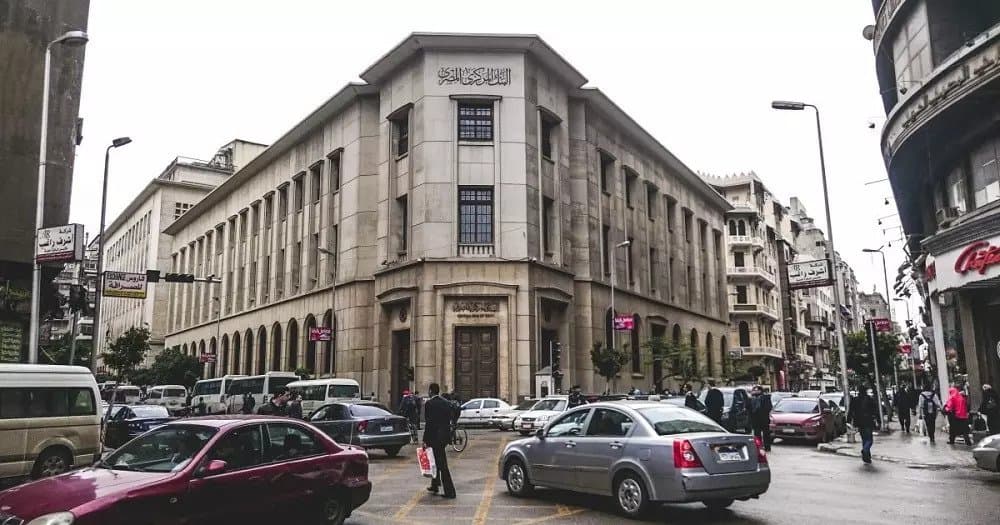Cairo, Egypt – Egypt’s pound slid about 14.5 percent to a record low against the United States dollar after the Monetary Policy Committee (MPC) of the Central Bank of Egypt (CBE) raised the key interest rates by two percent (200 bps).
The new rates are 13.25 percent for the overnight deposit rate, 14.25 percent for the overnight lending rate, 13.75 percent for the rate of the main operation, and 13.57 percent for the discount rate.
In a statement released on Thursday, the CBE attributed its decision to elevated global and domestic prices that are expected to keep headline inflation above the MPC’s preannounced target of seven percent (±2 percent) on average through the fourth quarter of 2022.
The decision aims to uphold the CBE’s mandate of ensuring price stability in the local market over the medium term, the statement noted.
It also aims to anchor inflation projections and also to contain demand side pressures and higher broad money growth as well as the second-round effects of supply shocks.
The CBE also announced in the statement that it will begin a process of phasing out letters of credit (LCs) for import finance by December 2022.
Multifaceted Challenges
“The global economy faced multiple shocks and challenges, the likes of which have not been seen in years,” ” the CBE said. “Recently, global markets have been subject to the COVID19 pandemic that put the world on lockdown, followed by the Russian-Ukraine conflict, which had dire economic ramifications. Consequently, Egypt weathered large capital outflows and rising commodity prices.”
To face multiple economic challenges, the government has intensified a reform agenda to secure macroeconomic stability and achieve strong, sustainable and inclusive growth.
To this end, the CBE employed a durably flexible exchange rate regime, leaving the forces of supply and demand to determine the value of the EGP against other foreign currencies.








